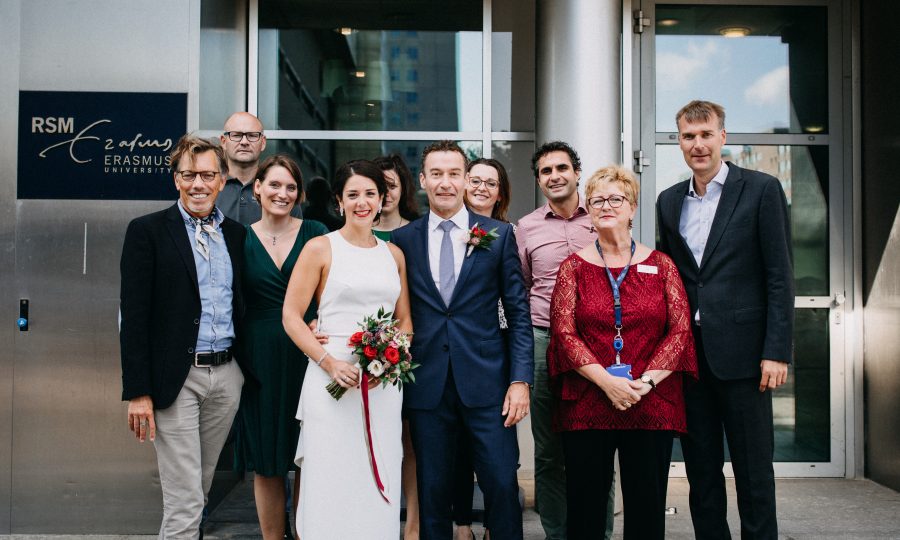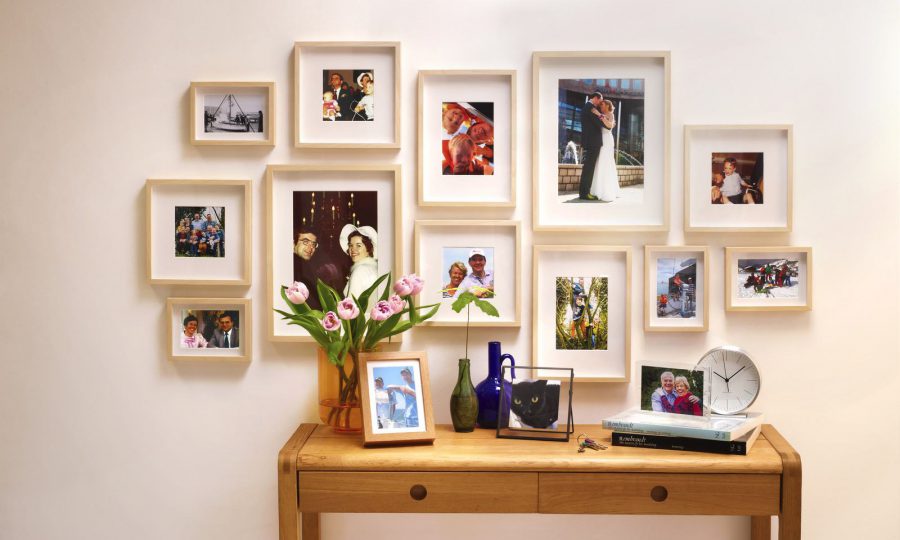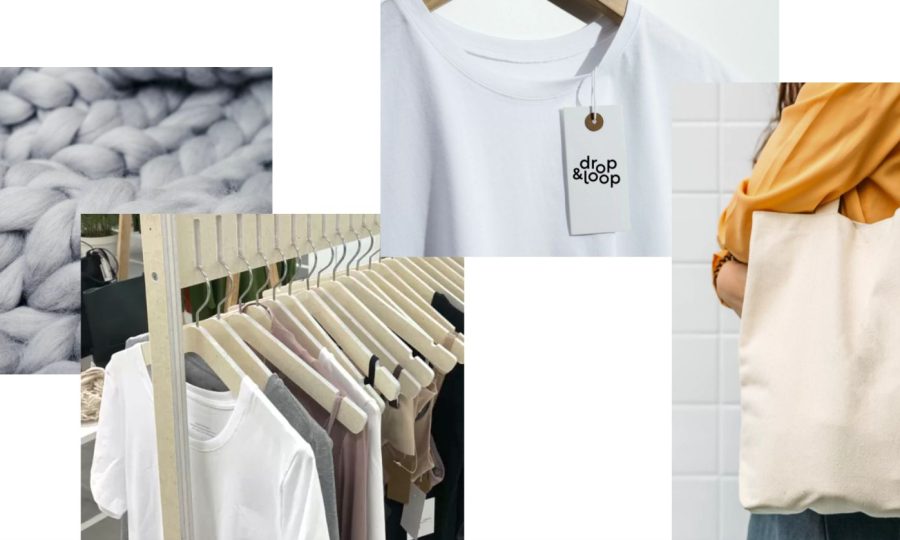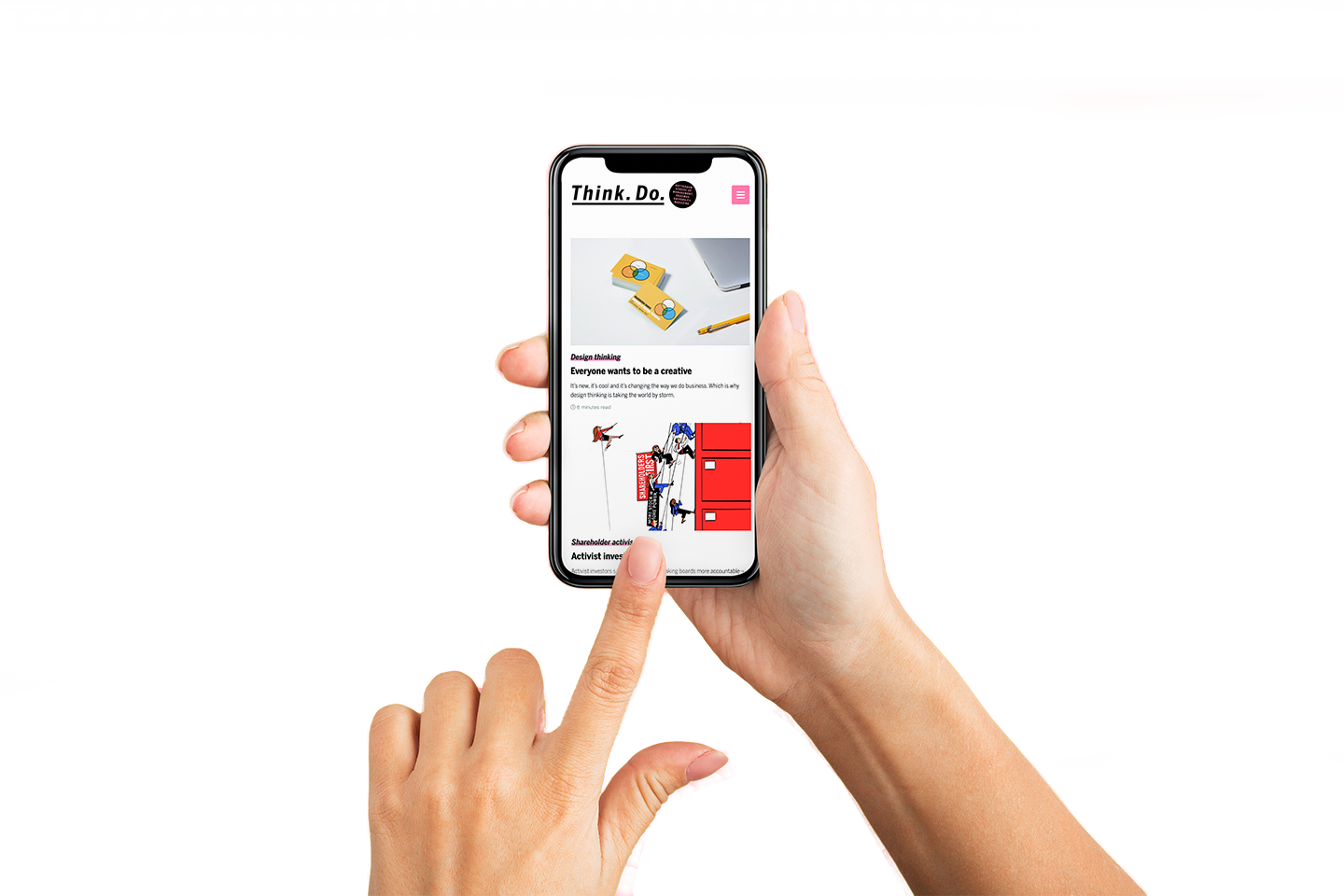My refugee experience helped me find my company’s purpose
Trying to get vital medication for his mother showed Nima Salami (MiM, 2022) the power of healthcare data.
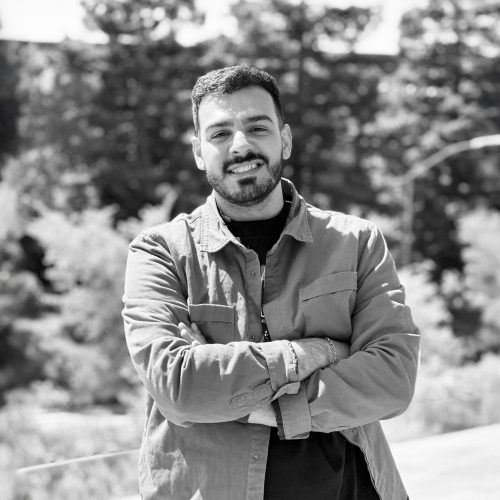
I only recently learned the word ‘grit’ – not giving up. Healthcare moves slowly. A lot needs to change. But my experiences as a refugee have taught me to be persistent.
“Growing up in Tehran, Iran, my goal was always to get into the best university. I was always reading and studying, but in 2010, when I was 17, I had to flee from Iran with my parents for political reasons. We were Muslims, but we had become atheists, which got us into trouble.
“We ended up in Kuala Lumpur, Malaysia, which was where we discovered Jesus Christ in 2011. Life was still ‘normal’. I was still studying (remotely, at an Iranian high school), and my parents were working. We were invited to a church by an Iranian friend who had just been healed and was invited to go back, and she brought us with her to translate for her.
“Several miracles later – and to cut a long story short – after a few months, we also gave our heart to Jesus and converted to Christianity. Months after that, in 2012, my father was scammed by his friend, and we lost all our money and became homeless. Friends from the church gave us refuge and a place to sleep. Then I couldn’t study anymore and found a job at a restaurant, and later, my parents worked there too.
“Later, our church was targeted by spies and many threats, because by then so many Iranians had converted there. It is often illegal for a Muslim to convert to Christianity in Malaysia, and conversion was historically punishable by death. As soon as it became known that the church contained several Iranians who had converted, it was no longer a safe place for us. So, in 2014, we came to the Netherlands.
“Being in the refugee centres was challenging. We were moved around four or five times – I’d make friends with someone and then they’d be gone. Your basic needs are met: you get a place to sleep, and food. The most difficult part wasn’t that life there was uncomfortable, it was the uncertainty. You don’t know how long you’re going to be there. It can take two or three years, and that suspense can be very draining.
“But it was necessary, and I’m glad I went through it. I want to give credit to the people of this country who opened their doors to us and made us feel at home. The Dutch people were so welcoming and kind then, and they still are today.
“And, of course, I still wanted to go to university. I asked the person assigned to help us find a house if we could go to Delft, because I was a computer science nerd, and to study at TU Delft was a dream for me. He’d never heard that before! But he made it happen. I decided to learn Dutch as soon as I could. I wanted to get myself closer to how people live here and respect the land giving me shelter. I worked very hard at the language, and in 2016, I was able to start my computer science studies at TU Delft.
“But when I was in the second year of my studies, I experienced burnout. Now that I was safe, everything caught up to me. Those were difficult days. I struggled with my purpose in life. Why was I alive, when other people in my situation hadn’t made it? I had to find my calling, and I also wanted to do something for the Netherlands.
I realised that it’s not just refugees that have this problem: nobody has access to their health data.
“My pastor reached out to me, and we started going for long walks every day. After talking with him, over a month, I realised that my purpose was helping people’s healthcare. My mother experienced many health issues because she had no access to her medical records. She has multiple conditions, for which she needs medicine every day. But moving from country to country, she couldn’t show evidence to get the medication she needed.
“I realised that it’s not just refugees that have this problem: nobody has access to their health data. So, I took it upon myself to find out why – and that’s how OASYS NOW began. I didn’t have an entrepreneurship background, so I had to learn everything from scratch. I started work on it in 2018 and registered the company in 2021. It was only in 2022 that I was able to start working on it full time.
“We launched our first product in December 2023 – an app where patients can not only collect their health data in one place, but also find out new treatment options and clinical trials. We want to help connect patients with hospitals, researchers and companies who are running trials of new medications for their condition. So many of these patients are waiting for new treatments, but they don’t know where to find them – and the people who are running the trials don’t know where to find people.
“Our specialisation is cybersecurity: we’re talking about very sensitive health data. So, how do you go about repurposing that data without compromising people’s privacy? Our tech secures this data, and this solution is at our core.
“I only recently learned the word ‘grit’ – the concept of pushing through, not giving up, and being patient. Healthcare moves slowly. A lot needs to change. But my experiences as a refugee have taught me to be persistent. Back in Kuala Lumpur, I went to 100 restaurants and shops to ask for work, and the hundredth offered me a job. I’ve knocked on so many doors and had so many rejections. But I know the world needs OASYS NOW.”
